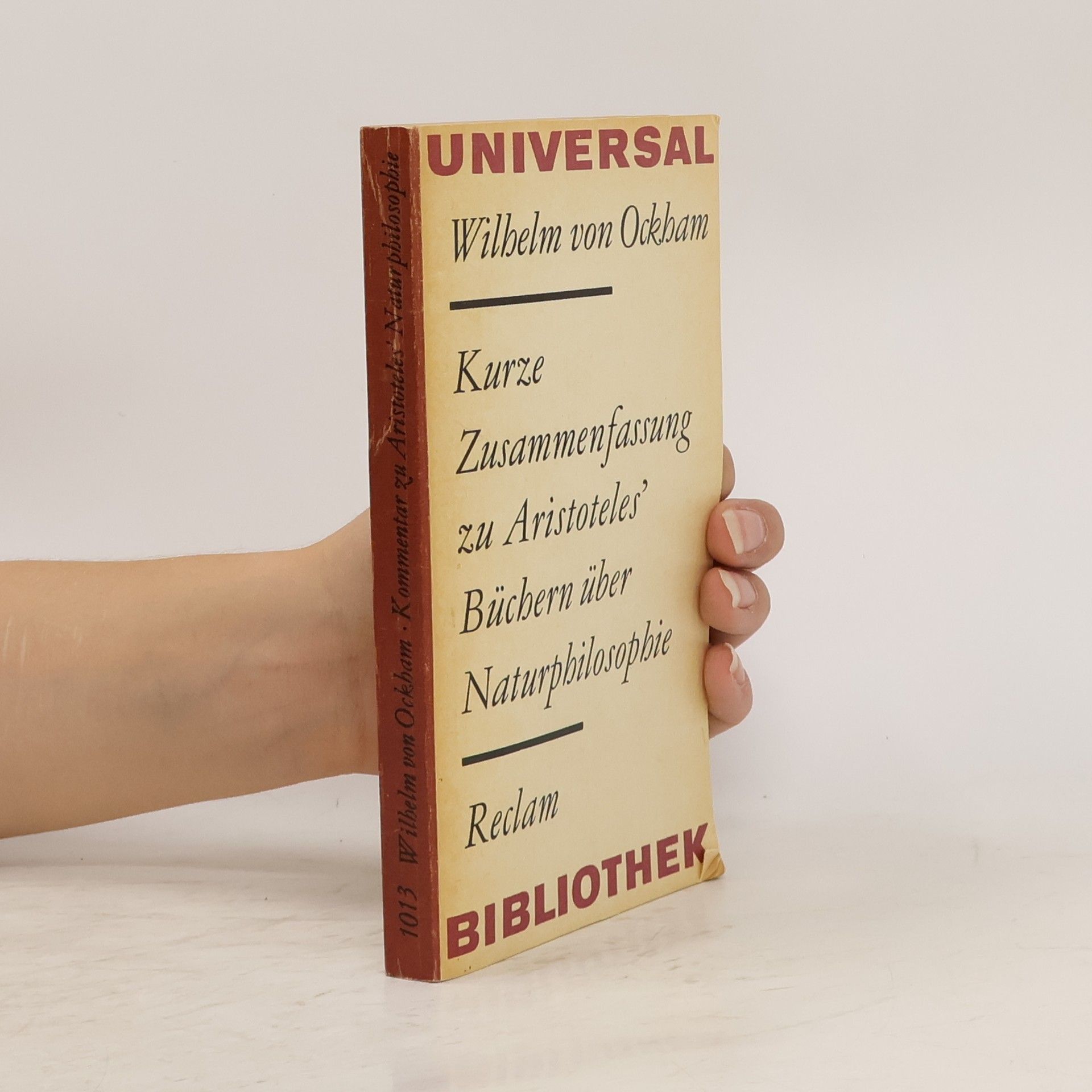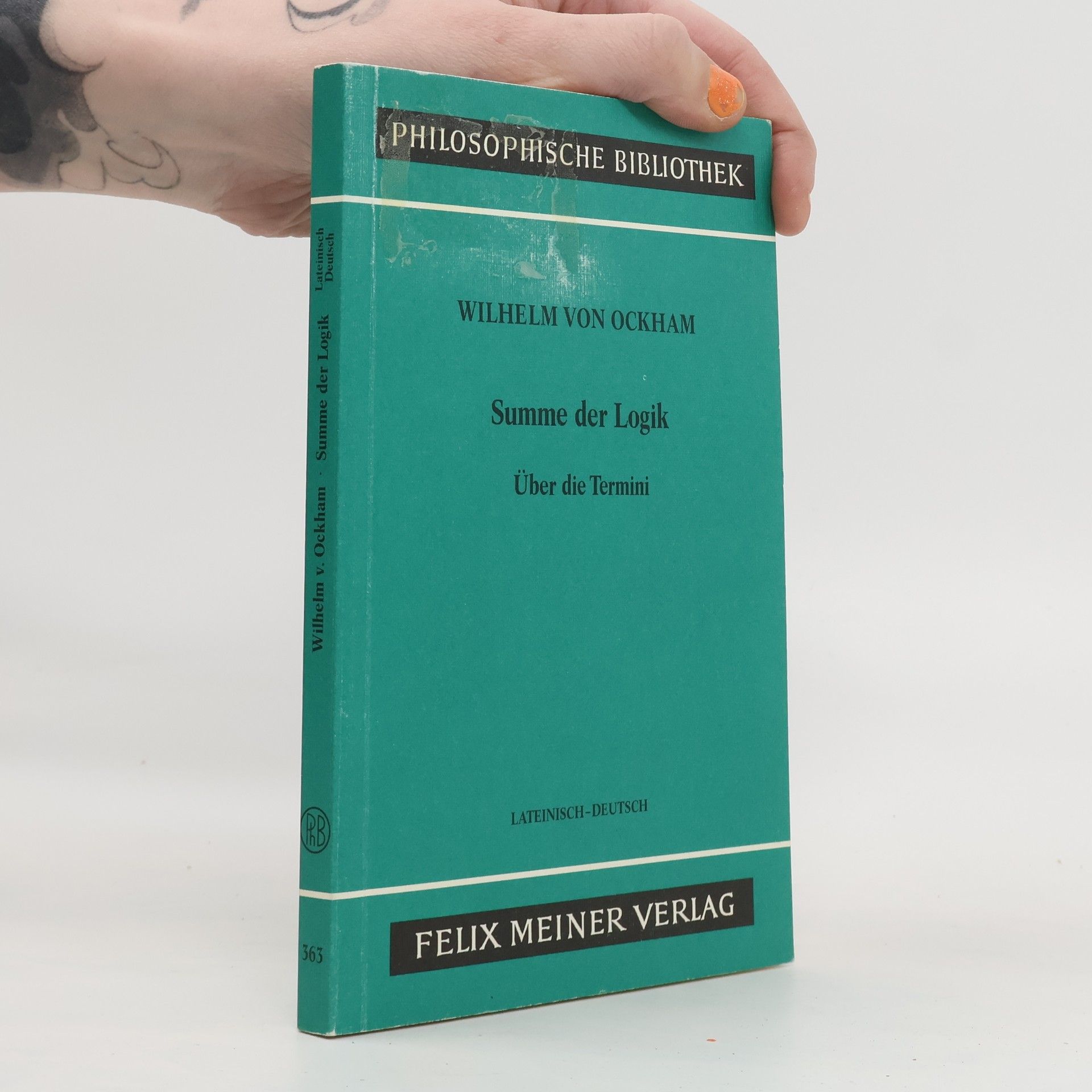William of Ockham Bücher
Wilhelm von Ockham war ein englischer Franziskanermönch und scholastischer Philosoph, der zu den bedeutendsten Figuren des mittelalterlichen Denkens zählt. Seine Werke befassten sich mit Logik, Physik und Theologie. Obwohl er vor allem für das nach ihm benannte Prinzip des 'Ockhamschen Rasiermessers' bekannt ist, stand Wilhelm von Ockham im Zentrum wichtiger intellektueller und politischer Auseinandersetzungen seiner Zeit.



De iuribus Romani imperii. III.2 Dialogus. Das Recht von Kaiser und Reich, III.2 Dialogus
Lateinisch – Deutsch. Übersetzt und eingeleitet von Jürgen Miethke
- 448 Seiten
- 16 Lesestunden
Ockhams dritter Teil des Dialogus beleuchtet seine politische Theorie, insbesondere den Konflikt zwischen Kirche und Staat. Er untersucht zuverlässige Orientierungen für politisches Handeln und entwickelt eine differenzierte Anwendung naturrechtlicher Normen.